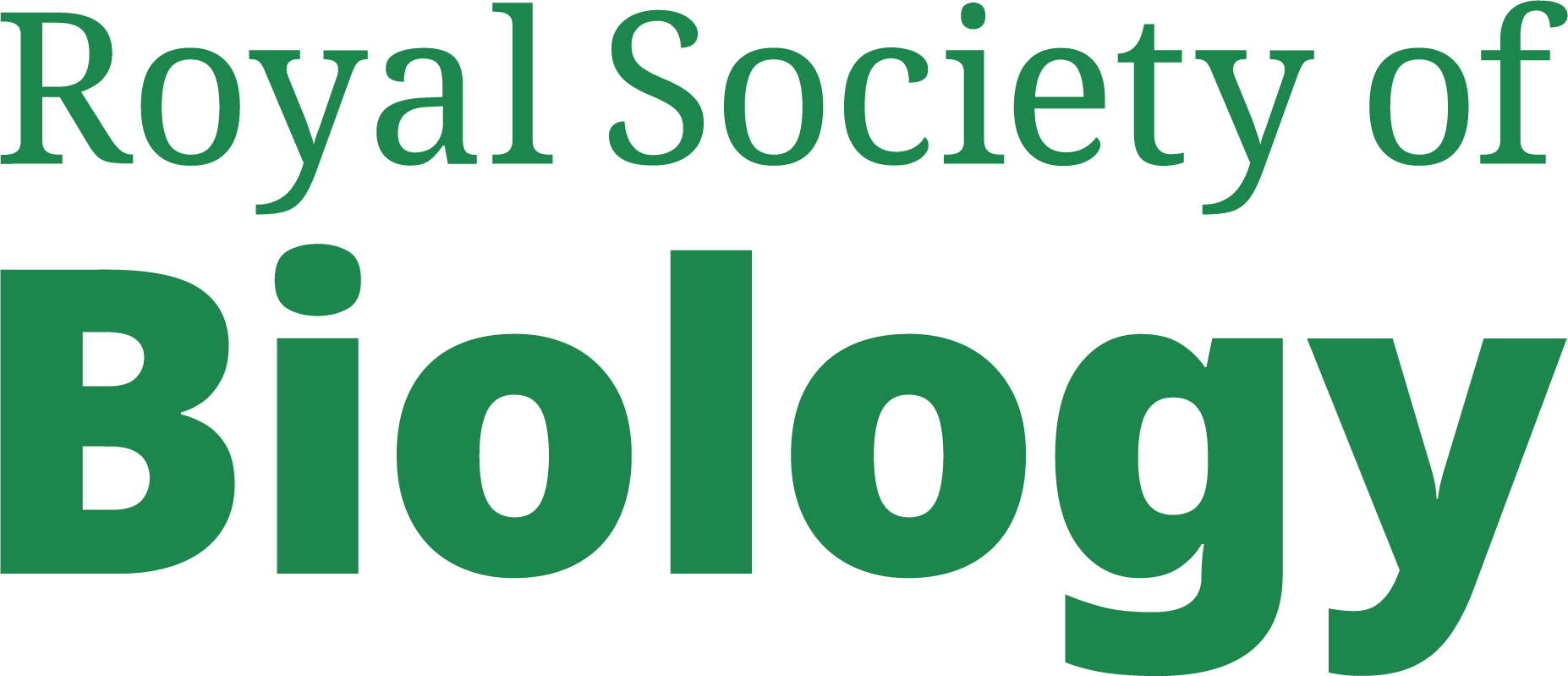Get the most out of your participation in this year's BCD by planning ahead.
Take a look at our tips and further resources for asking questions during and after the event, building your CV, improving your interview skills and how to network effectively.
You can also take a look at S1jobs career hub for advice on CV writing, interviewing, apprenticeships and life at work.
Asking questions
Take a look at our programme for the event and read our speakers' biographies. This may help you think of questions you would like to ask in each session.
Perhaps you'd like to know how our speaker started their career? What is the best piece of advice they received? Have they ever experienced failure in their career, and how did they overcome this? Whatever you'd like to know from our speakers, this is your opportunity to ask. All questions can also be submitted anonymously, although giving a name and some information on what you are studying may help the speaker give you a more detailed answer.
Didn't get chance to ask your question? No problem. Try looking the speaker up on LinkedIn, or finding their academic profile and email address online. The speakers involved in BCD are prepared to give careers advice on a range of topics.
Preparing your CV
Having an up-to-date CV is an essential part of beginning any career journey. Take a look at Jess Wells' presentation from BCD 2020 which includes brilliant advice on how to structure your CV and the main things employers are looking for. You can also find other tips on creating a stand-out CV below.
- Order your CV
- Identify the key details that the person reading your CV will be looking for and order your CV accordingly
- You can either present your CV chronologically (starting with your most recent experience and achievements) or thematically (based on skills)
- Keep things concise
- Academic CVs can often be lengthy if they include detailed lists of publications so make sure only the relevant information is included, and cut out any repeats
- Use headers, dates and bold or underline text to make it stand out
- Consistency is key
- Use the same font type and size throughout
- If you are using acronyms or initialisms, explain these once first
- Key information to include (and what to leave out)
- Include a contact email address and telephone number
- Summarise your education, giving most detail to the most recent achievement
- References can be 'available on request' - but do make sure to let your referees know if you are including them
- There is no need to include a photograph, information on your gender or date of birth
Further information can be found on the RSB website and take a look at the Biochemical Society's website for more tips, and The Physiological Society's ten tips for a winning CV.
Interview tips
Whether you are interviewing for a place on a masters' course, PhD, graduate scheme or full time employment, being able to present yourself clearly and confidently is a vital skill. Matt Larkin, Newcastle University, included some valuable advice in his presentation for BCD 2020. Further resources and interview tips can be found below.
- Do your research
- Look into the organisation you are applying to, paying attention to any recent news stories, publications or events
- You can also research the people on your interview panel if you have their names, perhaps looking into the organisational structure and hierarchy
- Align your skills to the job description
- Make sure you refer to key skills and competencies mentioned in the job description, and prepare examples of how you have these skills
- Don't be afraid to use buzz words mentioned in person specifications or job descriptions
- Give examples
- Use the STAR technique (situation, task, action, result) to answer competency-based questions, making sure to use real life examples
- Preparing for common interview questions and practicing your answer out loud can help you identify key areas for improvement
- Prepare questions you have for the interviewer in advance
- Relax!
- They want to know about you as a person, and how you will fit into the team and the role so try to stay positive and relaxed
Further information can be found on the RSB website, and be sure to watch the Microbiology Society's video on how to give a great oral presentation
Networking
Networking can seem like a daunting prospect to begin with, but being able to master the skill of widening your network can be beneficial in a variety of settings.
In person
When looking to network at an event or conference, it is best to keep things simple. Introduce yourself, perhaps ask how the person is finding the event, and don't forget to tell them about yourself too. Think about what you are looking for from the conversation and stay engaged with what they are saying.
Watch the Microbiology Society's video on how to network like a pro for more tips, and take a look at the British Society for Immunology's top 10 tips for networking.
Online
Online networking doesn't have to mean over a video call or in an online meeting. Making the most of social media platforms such as LinkedIn can be a great way to make new connections and can be a good way to get started if you're not ready for face-to-face networking.
Take a look at the Microbiology Society's helpful video on how to network online, or the British Society for Immunology's webinar on building an online presence.
Case studies
Visit the Association of the British Pharmaceutical Industry's website to find case studies covering the multitude of different roles within the pharmaceutical industry, as well as frequently asked questions about furthering your career in the sector.

